Filter by
The language used throughout the course, in both instruction and assessments.
Choose the Video Production Course That Aligns Best With Your Educational Goals
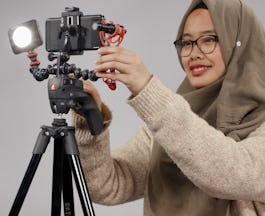 Status: Free
Status: FreeThe University of Edinburgh
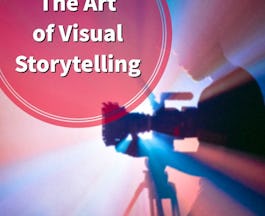
University of Colorado Boulder
Skills you'll gain: Storytelling
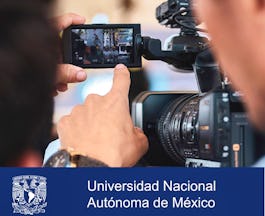 Status: Free
Status: FreeUniversidad Nacional Autónoma de México
Skills you'll gain: Planning
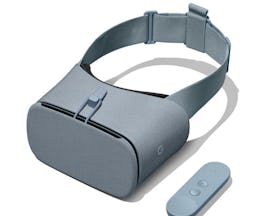 Status: Free
Status: FreeGoogle AR & VR
Skills you'll gain: Media Production, Virtual Reality, Media Strategy & Planning, User Experience, Visual Design, Design and Product, Planning, Visualization (Computer Graphics)
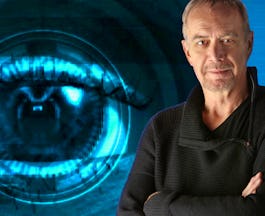 Status: Free
Status: FreeMichigan State University
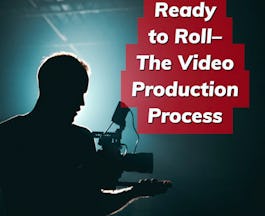
University of Colorado Boulder
Skills you'll gain: Storytelling

University of Pennsylvania
Skills you'll gain: Brand Management, Communication, Critical Thinking, Influencing, Marketing, Media Strategy & Planning, People Analysis, Social Media, Strategy, Emotional Intelligence
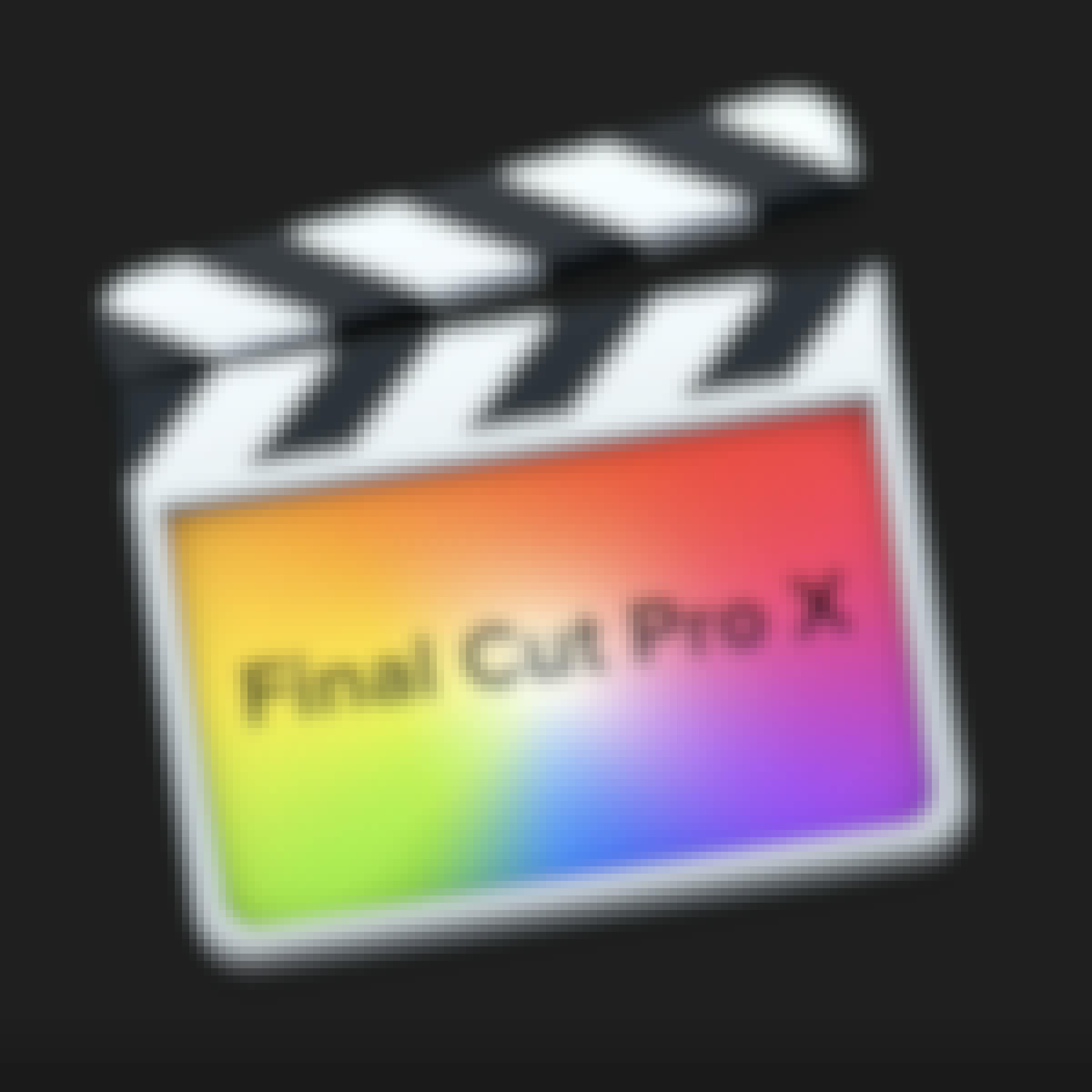
LearnQuest
Skills you'll gain: Media Production, Computer Graphics, Graphics Software, Visual Design, Computer Graphic Techniques, Creativity, Interactive Design, Media Strategy & Planning, Social Media

University of Colorado Boulder
 Status: Free
Status: FreeMichigan State University
Skills you'll gain: Writing

Skills you'll gain: Marketing, Social Media, Digital Marketing, Media Strategy & Planning, Advertising Sales, Media Production, E-Commerce, Sales, Strategy, Market Analysis
 Status: Free
Status: FreeThe State University of New York
Skills you'll gain: Strategy, Brand Management, Marketing, Digital Marketing, Communication, E-Commerce, Leadership and Management, Strategy and Operations, Business Development, Research and Design
In summary, here are 10 of our most popular video production courses
- How to Create Video for Online Courses: The University of Edinburgh
- The Art of Visual Storytelling: University of Colorado Boulder
- Introducción a la producción audiovisual: Universidad Nacional Autónoma de México
- VR and 360 Video Production: Google AR & VR
- Script Writing: Write a Pilot Episode for a TV or Web Series (Project-Centered Course): Michigan State University
- Ready to Roll – The Video Production Process: University of Colorado Boulder
- Viral Marketing and How to Craft Contagious Content: University of Pennsylvania
- Mastering Final Cut Pro: LearnQuest
- Bring Your Story to Life – Video Post-Production: University of Colorado Boulder
- Write A Feature Length Screenplay For Film Or Television: Michigan State University










